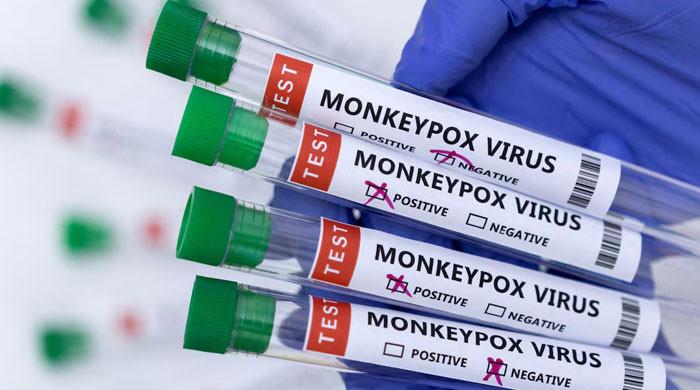Neural progress offers paralysed individuals renewed vocal possibilities.

According to reports published in the journal Nature, scientists have developed a new device that can translate the brain signals of paralysed individuals into words at faster speeds than previous technology. The research was conducted by a team from Stanford University and the “University of California, San Francisco (UCSF)” and was described in two separate papers.
Pat Bennett, a 68-year-old with “motor neuron disease (MND),” was one of the participants who tested this technology. She expressed that the device could help her stay connected to the world. The technology involves brain implants that decode the words a person intends to say. In the case of Ms. Bennett, the implants were placed in areas of her brain essential for speech production. An algorithm then translates the brain signals responsible for speech into actual words that appear on a screen.
The researchers have ambitious goals for this technology. They aim to enable individuals who have lost the ability to speak due to paralysis, brain diseases, or strokes to communicate their thoughts in real time. While Ms. Bennett’s communication speed reached about 62 words per minute after training, the technology still has room for improvement.
Another study from UCSF involved a participant named Ann who experienced severe paralysis following a stroke. Through signals captured by electrodes implanted on the surface of her brain, an algorithm reconstructed her voice, complete with facial expressions, into a digital avatar. This system achieved nearly 80 words per minute with better accuracy and a larger vocabulary compared to previous methods.
Advancements in artificial intelligence have played a crucial role in the success of these brain interfaces. Researchers believe that, with further developments, this technology could be transformed into a medical device, providing a faster and more naturalistic means of communication for individuals with paralysis.
While the research shows promise, experts from the MND Association acknowledge that the technology is still in its early stages. Nevertheless, they express excitement about its potential to improve the lives of those affected by conditions that hinder communication abilities.






